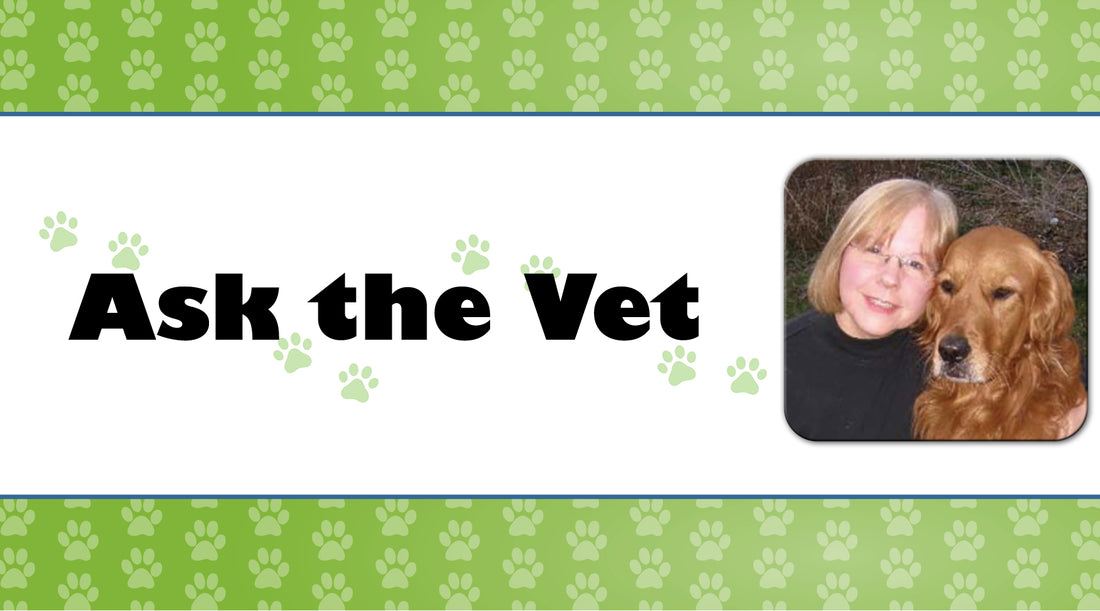Q. Holistic, alternative, complimentary, conventional, allopathic, what do all these medical modalities mean?
A. People talk about conventional medicine, also known as allopathic medicine, and alternative, or holistic medicine. What does all this mean? Let’s break it down one modality at a time. First, the word modality means the way in which a disease or illness is diagnosed and treated by a doctor.
Conventional modality is the mainstream medicine most of us use for ourselves and our best friends. The major track of medicine taught in medical school for centuries has been conventional medicine. Some people call this western medicine since the research and practice has been predominantly in Europe and North America. The treatment avenue has been the use of drugs and surgery.
Over the last few decades, conventional medicine has been adding other modalities in treating patients forming complementary or integrative medicine. This is the use of nutraceuticals, Eastern and Western herbs, acupuncture, chiropractic techniques, massage, energy treatments and more. Many veterinary practices in Maine have an acupuncturist on staff, have a cold laser in the treatment area, and nutraceuticals and herbal medicines in their pharmacies.
Holistic medicine is a catch-all word for any medical modalities that take into consideration every aspect of a patient’s life. Here are some of the most common modalities.
Acupuncture is ubiquitous in veterinary medicine. Veterinarians do post graduate study in this well-known Eastern medicine. Once the requirements are met, these veterinarians are certified in acupuncture. The other arm of Eastern medicine besides acupuncture is Traditional Chinese Medicine (TCM). Here the practitioner will take a thorough history and exam and then build an herbal formula to treat your dog’s illness. This includes diet recommendations too. Not all veterinary acupuncturists are proficient in TCM.
Veterinary chiropractic medicine, known as veterinary medical manipulation, is less commonly available but can be found in Maine. These veterinarians also go through rigorous training and are certified once all the requirements are fulfilled. Misalignment of the joints in your dog can create many symptoms normally not associated with joint pain.
Ayurvedic medicine, another very old medical system, developed in India is not as popular in Maine. It may be difficult to find a veterinary Ayurvedic practitioner. This modality uses medicines that combines plants and can include elements derived from minerals, metals, and animals. Like all holistic modalities, Ayurvedic treatments include diet, exercise, and lifestyle changes.
Homeopathy used to be the most common form of medicine in Maine. Many people today remember parents and grandparents treating simple everyday maladies with little sugar pellets. Though there is a strong homeopathic community of practitioners in Maine, there are only a few certified veterinary practitioners in Maine. To acquire certification in veterinary homeopathy, the veterinarian needs to complete an accredited course in veterinary homeopathy and a certification process that can take 2 years. Like all holistic modalities, homeopathy encompasses a detailed history, examination, diet, and lifestyle changes, and a medicine derived from plants, animals, and minerals.
There are several supportive treatments available to you for your best friend.
Nutritional therapists are people trained in using nutrition to treat and support good health. By assessing what you are feeding Fido and what symptoms are being expressed, they can develop a dietary plan to bring him back into balance, resulting in better health. They may also add nutritional supplements, such as glandulars, herbs, vitamins and minerals besides what you feed in the daily diet. Most holistic veterinarians incorporate nutrition in their treatment plan. Conventional medicine is also following the lead of holistic veterinarians by adding nutraceuticals to their treatments for chronic disease, such as arthritis, gastrointestinal disease, chronic urinary track disease, skin disorders, and others.
Reiki is an energy healing technique using gentle hand movements to guide the flow of healthy energy through the body to promote healing. This complementary medicine can help manage some chronic diseases. There are several reiki healers in Maine. They go through rigorous training and are classified in levels. The highest attainable level is Reiki Master.
Massage is becoming more available to our dogs. There are several forms of massage that are beneficial. In general, there is acupressure massage, sports medicine massage, deep tissue massage, and others. Always check for the level of knowledge and certification of the massage therapist you tend to use. Massage can release trigger points that are painful to your pup, and it can decrease the stress he is holding in his body.
This list is not all inclusive. There are other treatments out there for you and Fido. When looking for holistic help, be sure to check credentials. You can find them at the American Holistic Veterinary Medical Association (AHVMA). Maine Veterinary Medical Association also has a list of veterinarians using these different modalities.
Judith K. Herman DVM, CVH
Animal Wellness Center
Augusta. Maine 04330
www.mainehomeopathicvet.com

